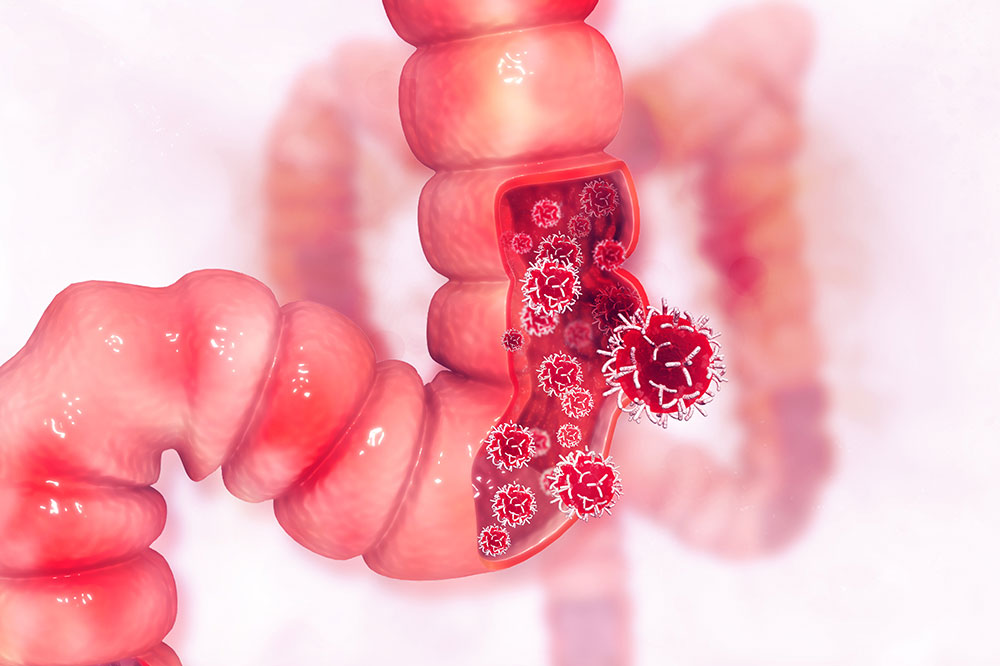
4 Effective Treatment Options for Colon Cancer
Colon cancer usually develops in the lower end of the digestive tract. However, the disease can spread to other organs via the lymph nodes. Hence, these tumors must be detected in their early stages with several screening tests. In most cases, cancer can be treated locally (if it has not yet spread) or with the help of systemic treatments (after cancer spreads). Oncologists recommend the following surgical and non-surgical treatment options for colon cancer.
1. Chemoradiation
For colon cancer, oncologists prefer a combination of chemotherapy and radiation therapy (chemoradiation) to destroy the tumor cells. Chemoradiation has been proven slightly more effective than just relying on chemotherapy. In this method, different types of oral medications and injections support the radiation treatment. Also, there is a reduced risk of complications, and chemoradiation is often recommended to bring down the risk of a colostomy.
2. Surgery for colon cancer
Depending on the stage and extent of the spread, surgery is a viable treatment option for colon or rectal cancer. Early stages of the polyps that develop into tumors can be removed using a simple colonoscopy procedure. There are two types of early-stage surgery: a polypectomy and a local excision. A polypectomy removes the entire tumor by cutting it out from the base. However, a local incision surgery focuses on the removal of specific small tumors. In addition, to stop cancer from spreading, surgeons often remove some surrounding tissue as well.
For more complicated forms of colon cancer, a colectomy is done to tackle the tumor aggressively. The surgical procedure removes part of the colon and surrounding lymph nodes. Colectomy can be done with a single incision in the stomach or even laparoscopically for better recovery.
3. Ablation and embolization
Ablation and embolization are alternatives to surgical treatment options for colon cancer. They are also recommended when cancer metastasizes, affecting nearby organs. There are four ablation procedures, including radiofrequency ablation, microwave ablation, ethanol ablation, and cryoablation. These techniques use high-energy radio waves, electromagnetic microwaves, percutaneous ethanol injections, or cold compressed gas for freezing and destroying the tumors. Usually, these techniques are reserved for cases where cancer has spread to the liver or lungs.
Embolization is a more effective technique for destroying cancer cells that spread to the liver. A substance is injected directly into the hepatic artery to cut off the blood supply to the tumor. The treatment can also be combined with chemotherapy or radiation therapy to destroy larger tumors that cannot be ablated.
4. Immunotherapy
Besides the options mentioned above, immunotherapy is another non-surgical alternative treatment for colon cancer. It involves using specific inhibitors and medications that prevent an immune system response to manage cancer. However, immunotherapy on its own is not helpful. Hence, it is combined with chemo and radiation therapy.


